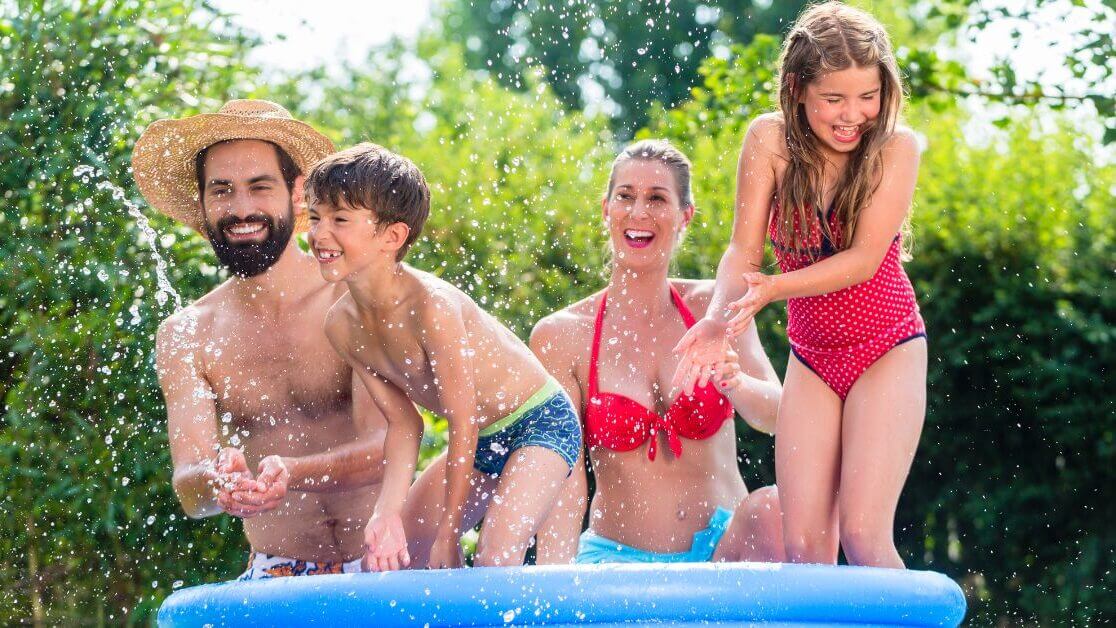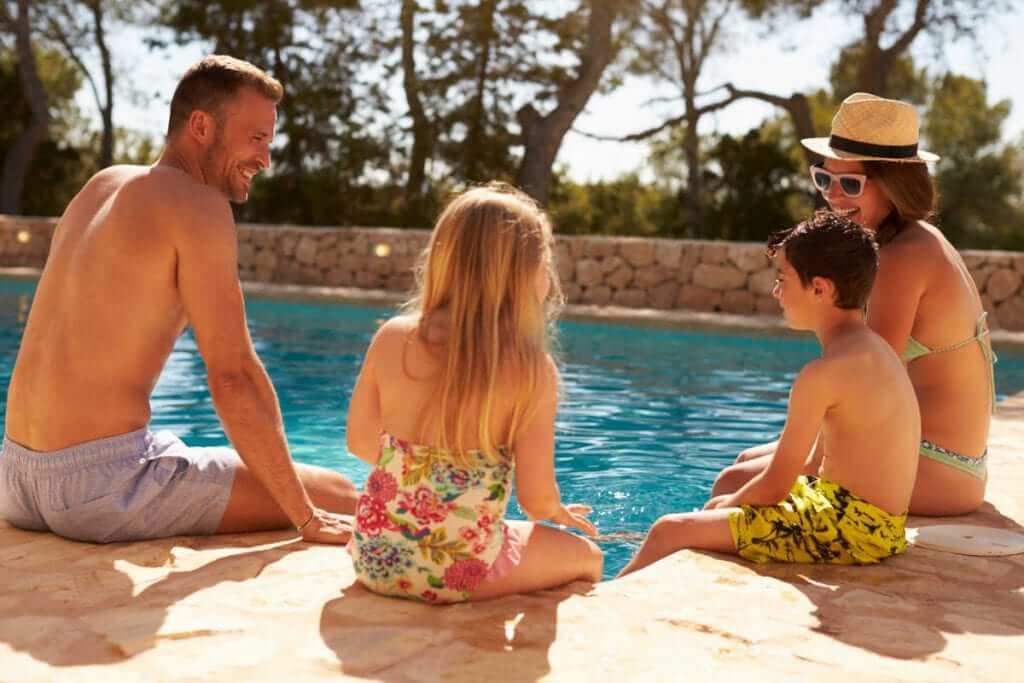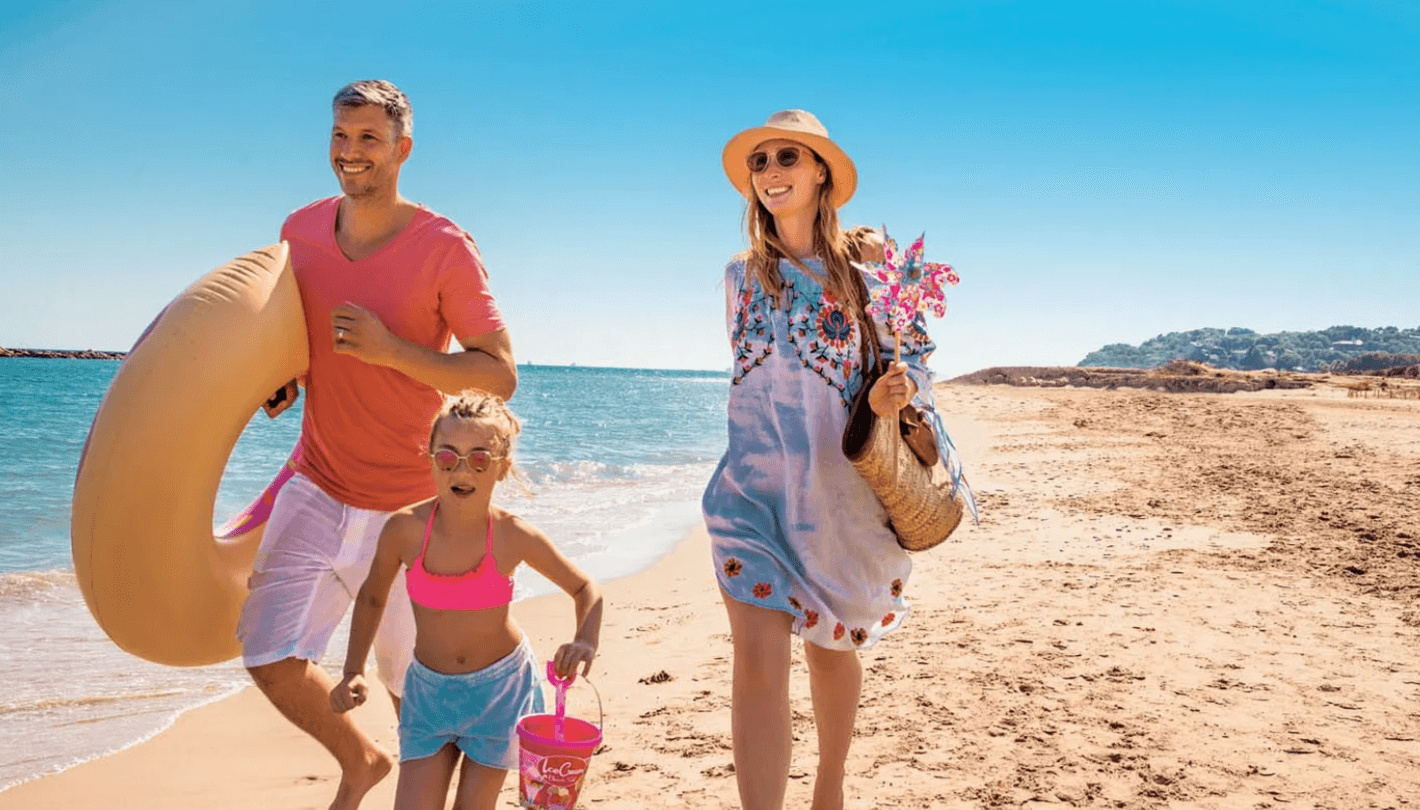A Safe Vacation During the COVID-19 Pandemic
Advice from UNICEF Before and During the Vacation
Going on safe vacation during Covid-19 pandemic is not mission impossible, even if many travel restrictions are in place and many flights are still cancelled. The Coronavirus hasn’t disappeared, on the contrary, there is still an increasing number of infections all over the world, after more and more states have eliminated lockdown measures. Certainly, 2020 isn’t a good year for vacations too far from home, but this doesn’t mean that families with children cannot enjoy a well deserved holiday, provided that they strictly follow the safety, social distancing and hygiene measures.
In the following post, UNICEF offers you a list of things that you should take into consideration when you are planning and during your holiday.
 1. Before making any plans, always check the situation at your place of destination: how many cases have been in the last few days and weeks, what are the potential restrictions imposed by authorities, what conditions should be fulfilled. If you are thinking of a holiday abroad, check if the entrance in the respective country or in the transit countries is permitted without being placed in quarantine or if you should get tested beforehand. The website of the European Centre for Disease Prevention and Control is a source that is updated daily and can easily be accessed.
1. Before making any plans, always check the situation at your place of destination: how many cases have been in the last few days and weeks, what are the potential restrictions imposed by authorities, what conditions should be fulfilled. If you are thinking of a holiday abroad, check if the entrance in the respective country or in the transit countries is permitted without being placed in quarantine or if you should get tested beforehand. The website of the European Centre for Disease Prevention and Control is a source that is updated daily and can easily be accessed.
Also, the European Commission launched in June the Re-open EU portal, with essential information about safely restarting the freedom of movement and tourism in Europe.
2. Get information beforehand regarding the contact details of the embassies and consulates of your country in the transit countries or in your country of destination. You can find updated information on the website of the Ministry of External Affairs, together with travel warnings in the European territory and also outside Europe.
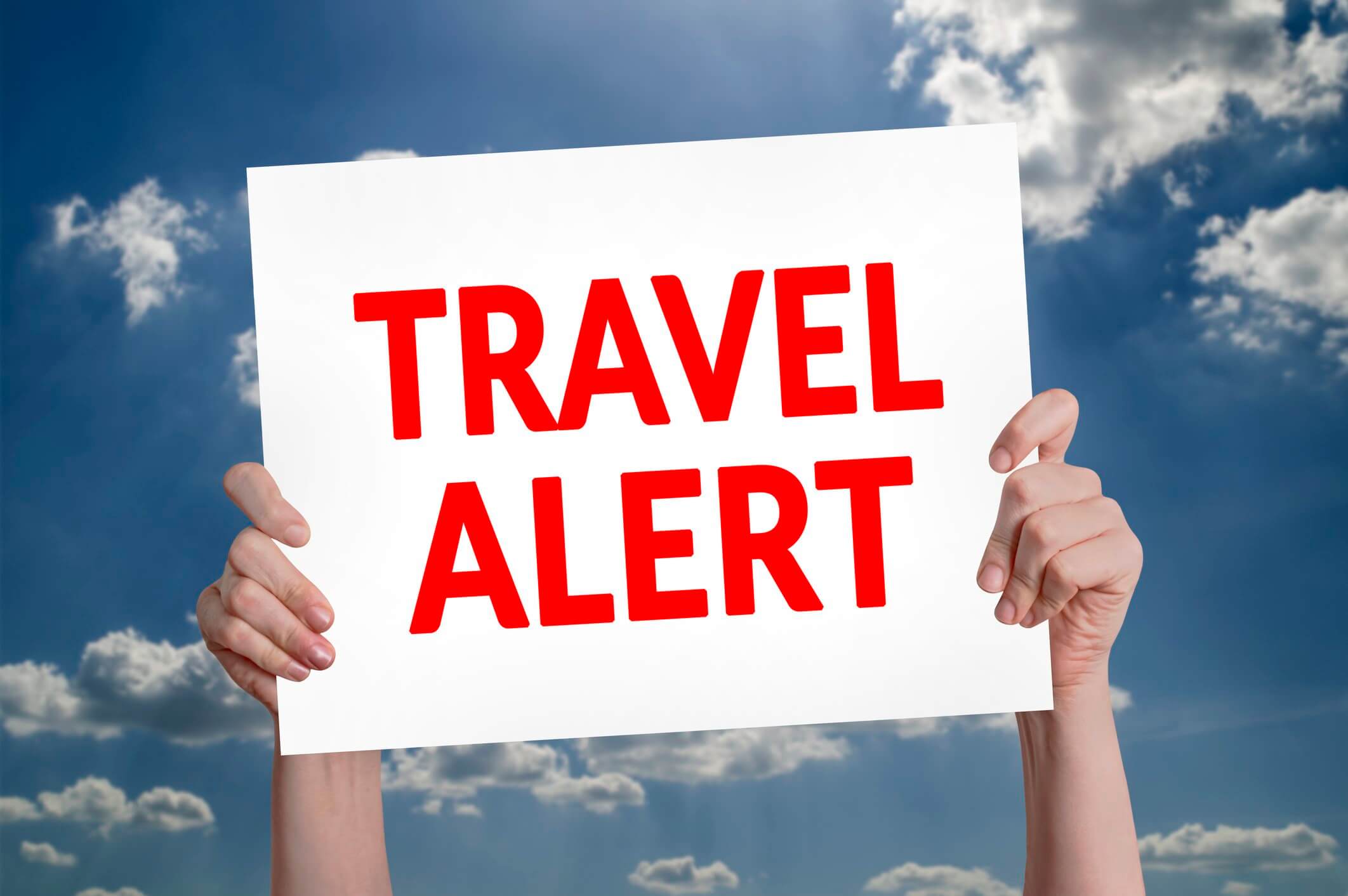 3. Before making a reservation, check if the hotel or boarding house where you want to stay has taken all the preventive measures necessary in order to make you feel safe. There is no point in going to a place where you would always feel uncomfortable and you will not be able to relax.
3. Before making a reservation, check if the hotel or boarding house where you want to stay has taken all the preventive measures necessary in order to make you feel safe. There is no point in going to a place where you would always feel uncomfortable and you will not be able to relax.
4. Avoid crowded places and reduce to a minimum the contact in shared areas. A solution to avoid crowded accommodation places is to rent a Cyprus holiday villa which provides a private space, protection and security that a hotel-based vacation simply cannot compare with.
Our Cyprus holiday villas are all individually located, all have their private gardens, private pool, private hot tub. This means that the only people you have to share your villa with, are the people you choose to share your holidays with. Whether that’s your spouse and kids, your parents, your friends, or anybody else YOU choose to go on holidays with!
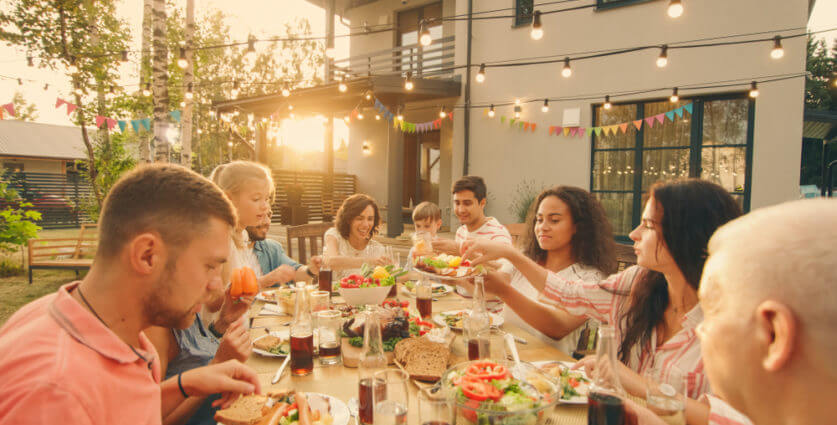 5. Even if the place you stay at is clean and the hygiene rules seem to be applied, use disinfectants for surfaces in order to clean the most frequently used objects and areas, when you first enter the hotel room. The same applies in case you rent a car.
5. Even if the place you stay at is clean and the hygiene rules seem to be applied, use disinfectants for surfaces in order to clean the most frequently used objects and areas, when you first enter the hotel room. The same applies in case you rent a car.
6. Carefully keep an eye on the children. When they are playing, the young ones touch many surfaces which could be contaminated, especially in airports, shared means of transportation from urban areas and playgrounds. When you are in these places, always keep at hand a disinfecting gel and wash your hands, both you and your children, as many times as necessary.
 7. If you are in a medical risk situation or another member of your family is in such a situation, reconsider your departure. Although nobody is free from the risk of infection, some categories of people are more exposed and could develop a more severe form of the disease. Also, don’t go on holiday if you are not feeling well or if you have been in close contact with an infected person.
7. If you are in a medical risk situation or another member of your family is in such a situation, reconsider your departure. Although nobody is free from the risk of infection, some categories of people are more exposed and could develop a more severe form of the disease. Also, don’t go on holiday if you are not feeling well or if you have been in close contact with an infected person.
8. Take into account the eventuality that one or more members of the family or of the group you are going with is getting infected during the holiday, in which case the situation will change drastically. But this does not mean only a possible hospitalization for a long period of time in a healthcare facility, but also problems for those who are not infected and may have to stay in isolation. The more strictly you follow the social distancing and hygiene rules, the more you reduce the probability of such a scenario occurring. But this does not mean that you are completely free of risks, just that they can be significantly reduced.
9. It is more useful than ever to get a private travel insurance before going abroad. This can help you avoid crowded health facilities, in case of health problems for which you need medical assistance.
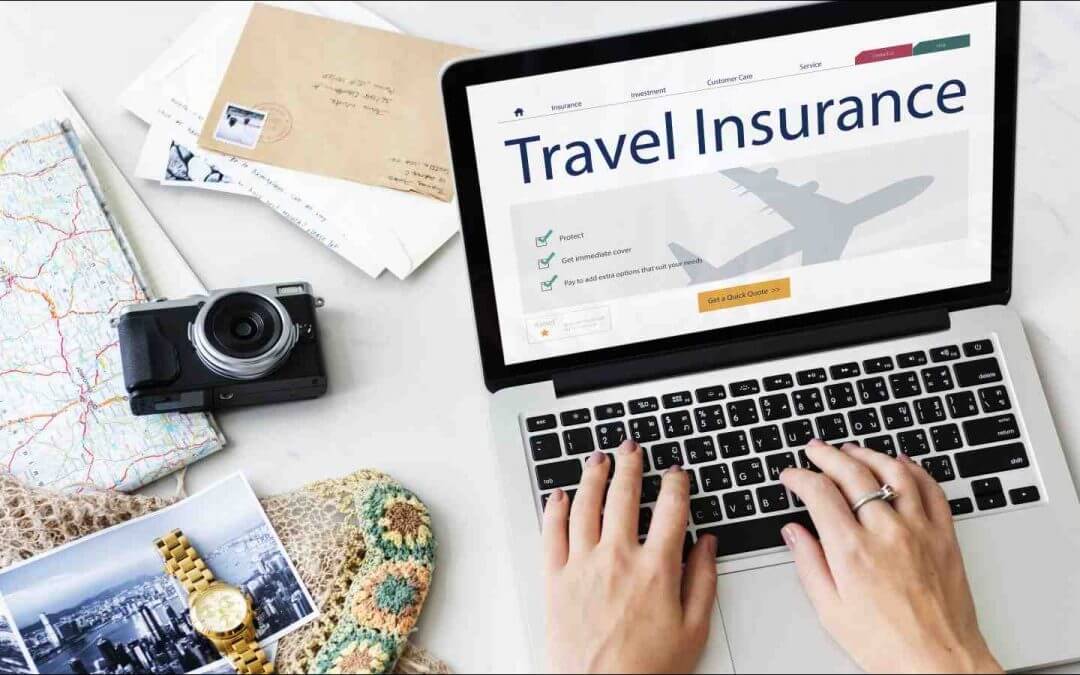 10. Because the situation can drastically change from one day to the next, take with you enough supplies: disinfectants, masks, basic medicine. This way you will also reduce the social contact necessary when going shopping.
10. Because the situation can drastically change from one day to the next, take with you enough supplies: disinfectants, masks, basic medicine. This way you will also reduce the social contact necessary when going shopping.
11. Also, be prepared for any change of situation, meaning that you might need to remain in mandatory quarantine when returning home. And even if a quarantine period won’t be mandatory, you should take into account a self-isolation period when returning from your holiday, in order to protect your loved ones that remained at home.
Escape The Cold and Grey And Spend The Winter In The Warm And Sunny Cypriot Sunshine Coast
Check out our special offers for long stay rentals between October and April or short breaks. Our Cyprus holiday houses are well-heatable and have a large terrace or garden, some of them wind-sheltered and facing south. Most of our long-term winter rentals are equipped with AC and wood fireplace for the cold cozy nights.
So whether you have fallen in love with a property or a location, or perhaps if you would simply like to escape the whole winter, please contact us below and we will be more than happy to assist. Let Z&X Holiday Villas personalized planning, support and deep knowledge of the area help you to set up a vacation to remember.
Enjoy your holiday! Even if this one is different from the ones you are used to, by following the social distancing and hygiene rules set out by the authorities, you can relax.
Via Unicef
Photo credits: Shutterstock

